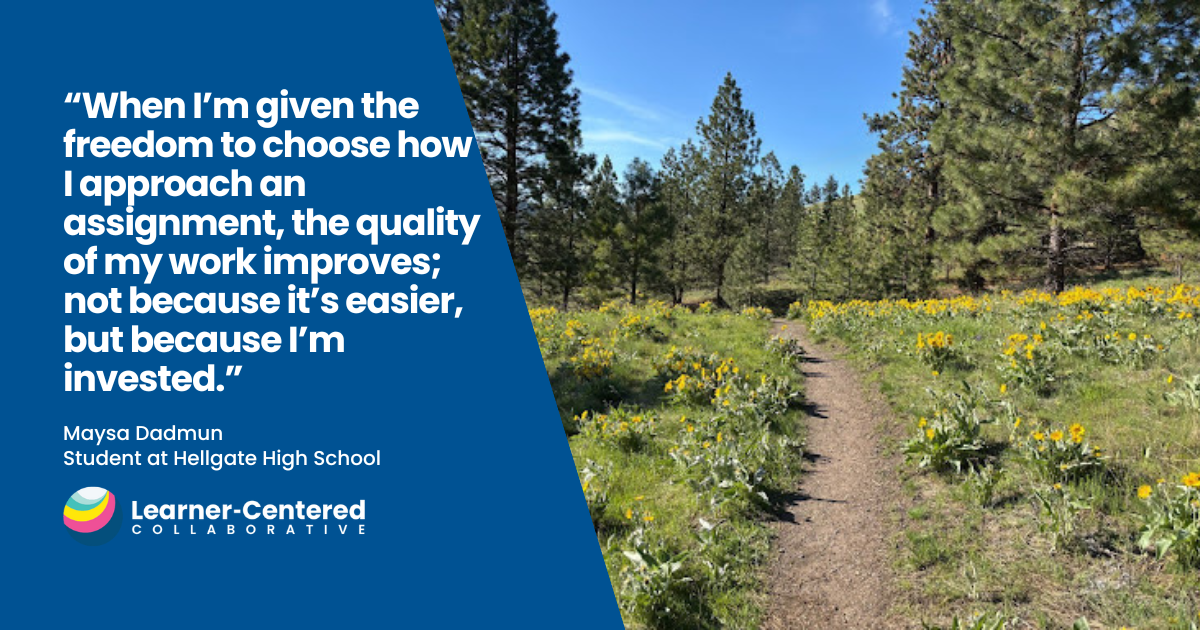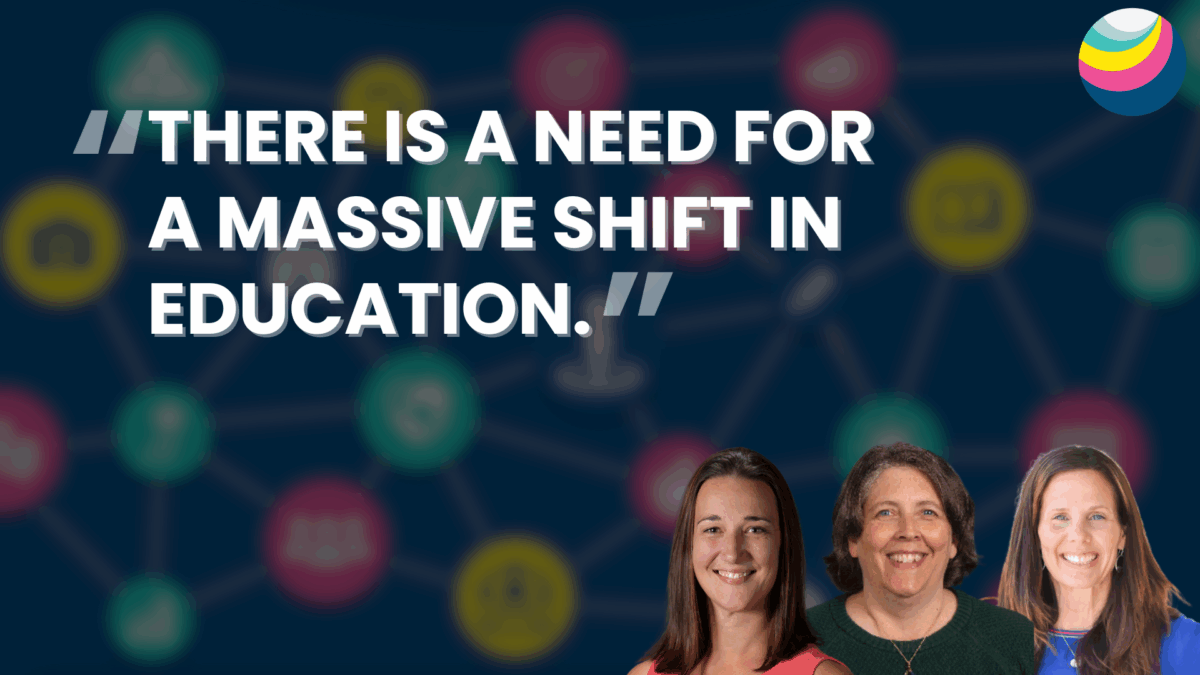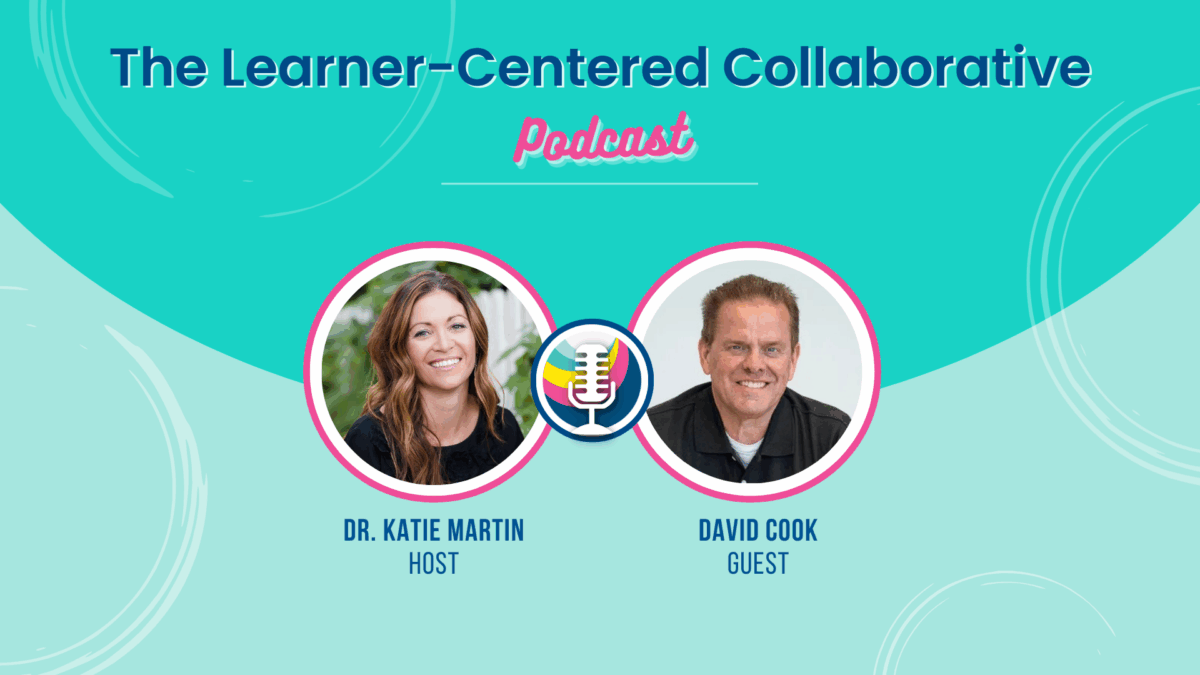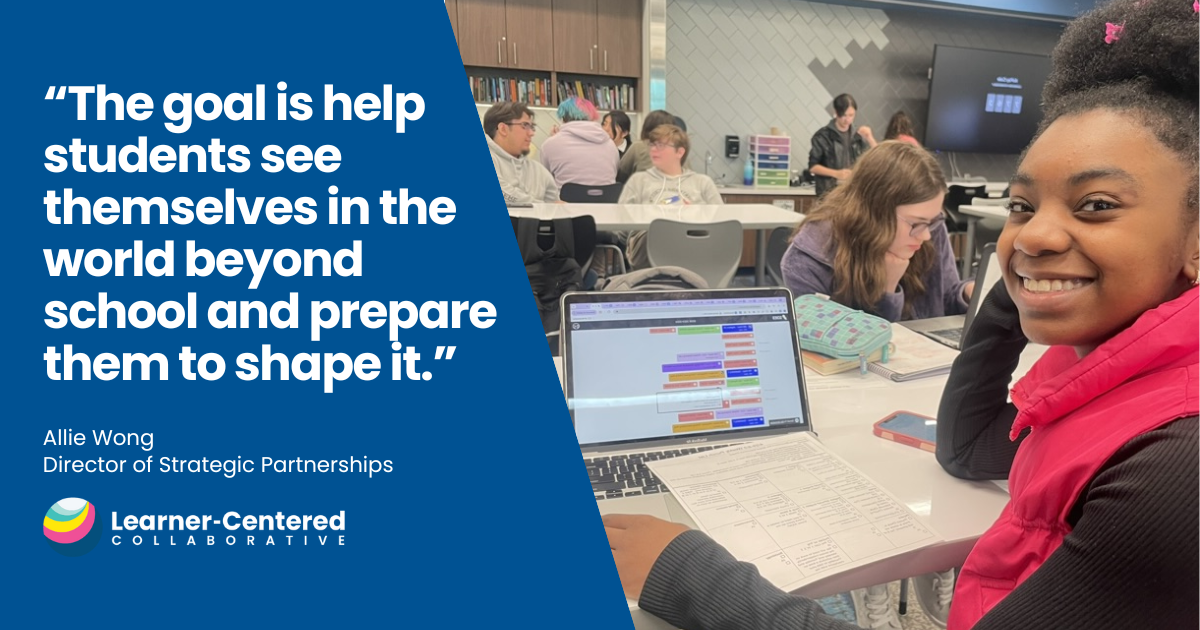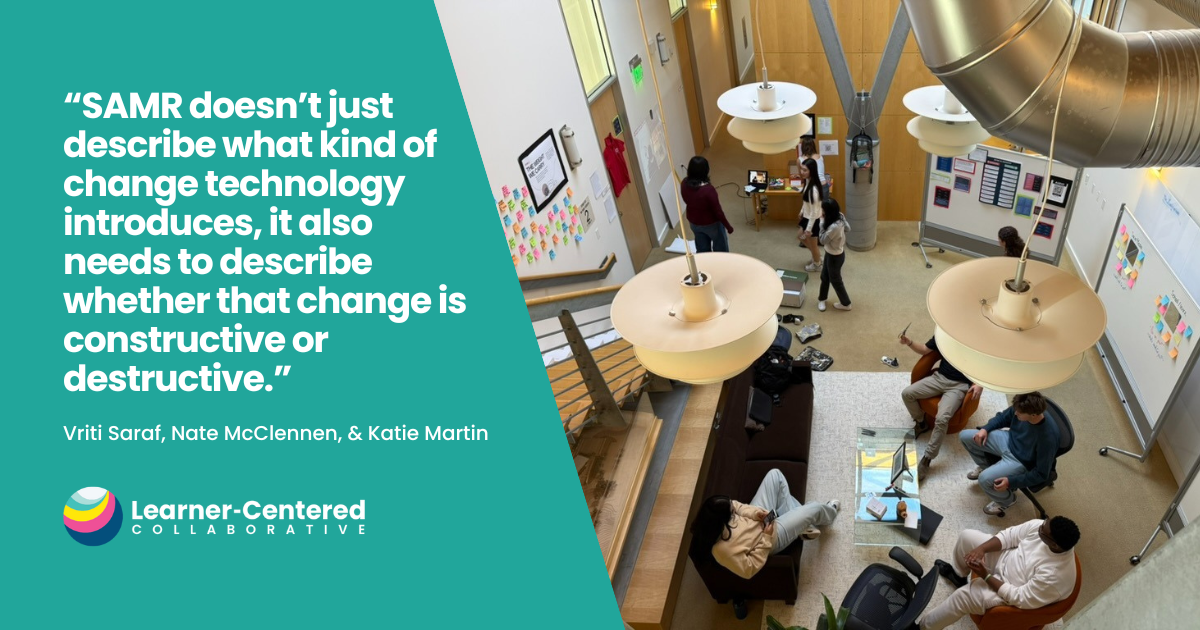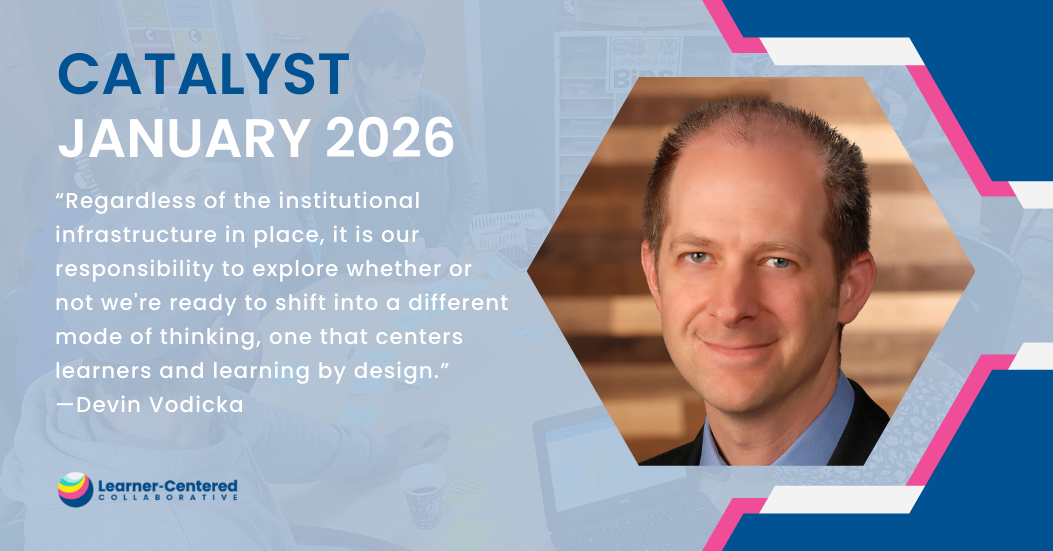Episode 36: Clark Street Community School Student Panel with Ruby & Everest
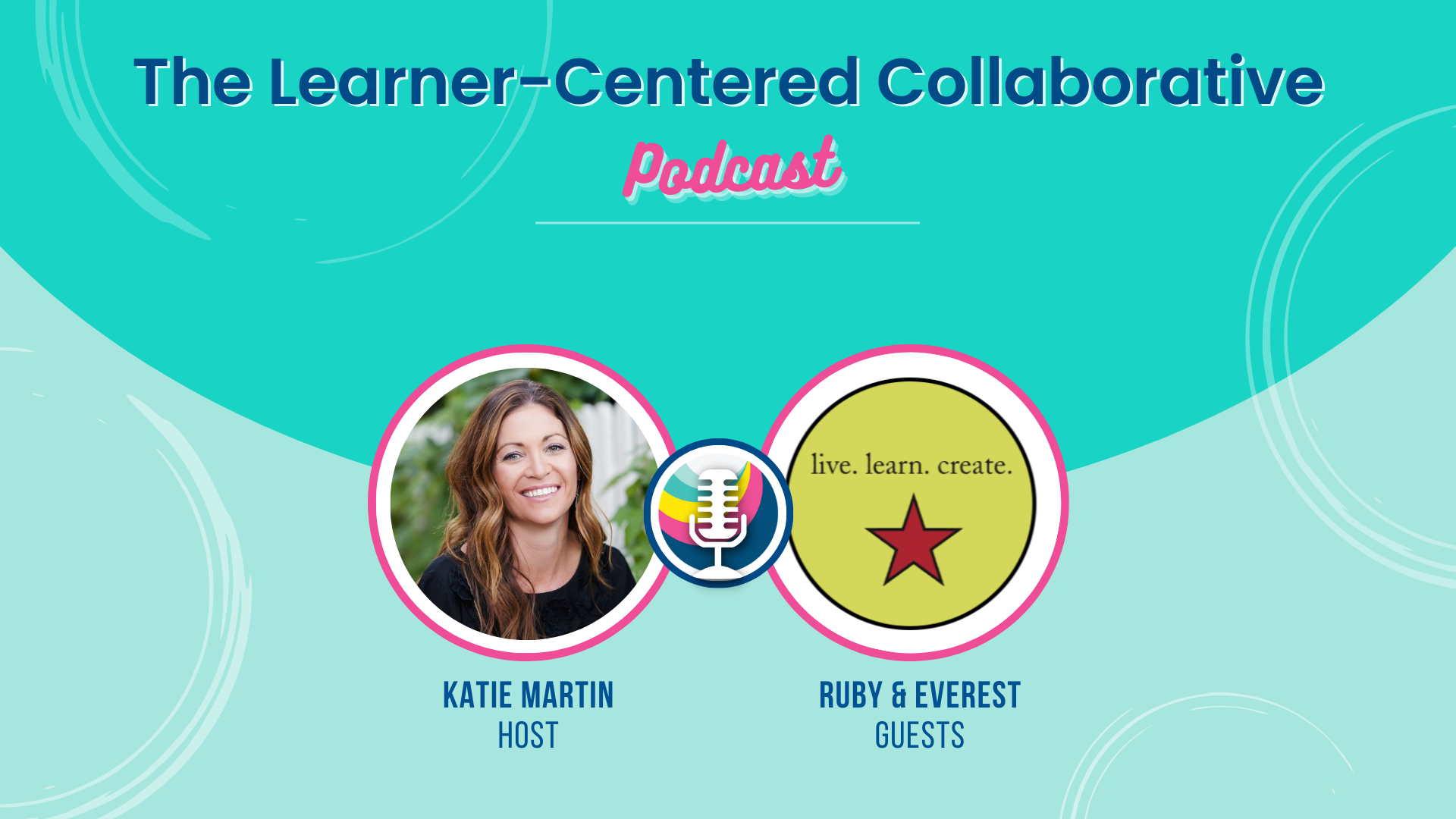
Episode Summary:
In this live-recorded episode at the Aurora Institute Symposium 2024, Katie Martin hosts two inspiring students from Clark Street Community School, Ruby and Everest. Together, they share their unique experiences in a learner-centered environment that emphasizes real-world learning experiences and community connections.
Ruby and Everest reflect on what it means to be learners at Clark Street, diving into projects that align with their interests while meeting whole-learner outcomes. Ruby describes her passion for live music and a project where she researched a historic opera house, building a detailed stage model and engaging with local historians. Everest recounts a memorable field experience studying fishing culture in the Great Lakes, including an eight-hour boat trip that linked social studies with practical life skills.
Key topics covered in this episode include:
- 🎣 Field experiences and independent, interest-driven learning projects
- 🏛️ Connecting personal interests to whole-learner outcomes in creative ways
- 📋 Mastery transcript and grading alternatives that emphasize growth over grades
- 👥 The supportive community structure at Clark Street, which fosters collaboration and personal expression
- 🏆 Preparing for the future beyond high school with a focus on self-advocacy and authentic learning
Related Resources:
- Blog: Not All Rubrics Are Created Equal: How Competency-Based Progressions Are The Way to Go
This blog explores two distinct types of rubrics: traditional product-based rubrics and learner-centered, competency-based rubrics. - Course: Design Performance-Based Assessments
Learn how to design quality performance-based assessments that showcase student learning authentically and support learners with telling their learning story through portfolios, exhibitions of learning, student-led conferences, and defenses of learning. - Tool: Feedback Protocol
Reclaim the power of feedback with a flip in practice and timing that makes feedback an actionable part of the learning process aligned to learning goals and driven by the learner.
